23 February 2025
So, you’re diving into the world of real estate investing—exciting, isn’t it? But with so many options out there, it can feel like you’re standing at a buffet wondering whether to grab the loaded nachos (delicious but messy) or go for the perfectly plated sushi (neat but pricey). Essentially, that’s what deciding between a turnkey property and a fixer-upper feels like. Which one should you tuck into? Let’s break it down together.
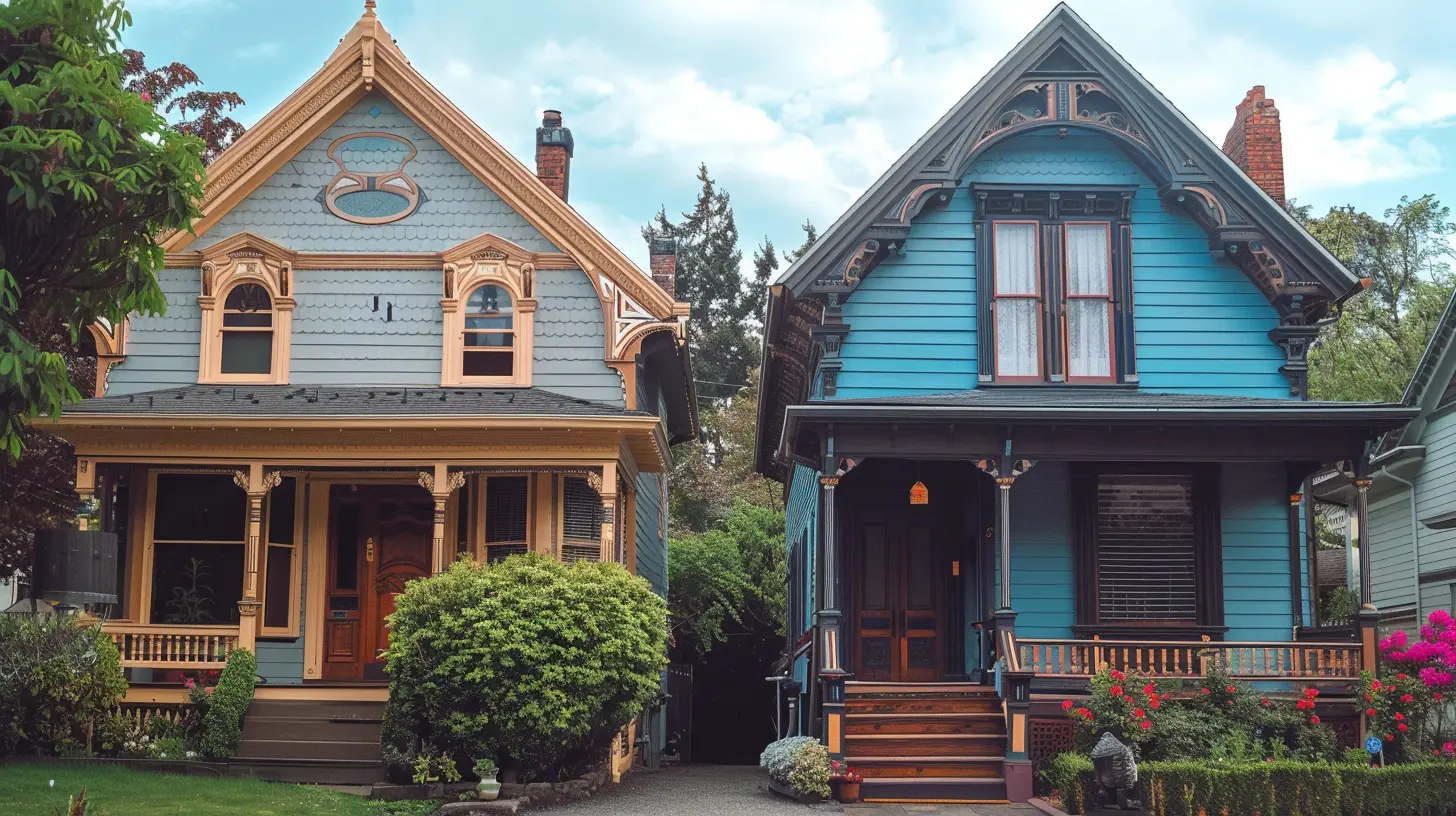
What’s the Deal with Turnkey Properties?
Let’s start with turnkey properties. Picture this: You walk into a house, and it’s like stepping into a freshly baked pie—everything’s ready to go. No leaky faucets. No paint chipping off the walls. No funky odors wafting out of the basement. Turnkey homes are fully renovated and ready for tenants or new owners the moment you close the deal.The best part? You can skip the headache of renovations and dive straight into generating rental income. Sounds like a dream, right? But hold that thought. Like everything in life, turnkey properties come with their pros and cons.
Pros of Turnkey Properties
- Convenience: You don’t need to lift a finger—except to sign the paperwork. It’s a plug-and-play approach to real estate.- Instant Cash Flow: If you’re buying the property as an investment, you can start renting it out immediately. Cha-ching!
- Predictable Costs: Since everything is already in tip-top shape, you won’t be hit with surprise expenses like a sudden roof replacement.
- Time-Saver: Let’s face it—time is money. If you’re juggling a busy schedule, turnkey properties can save you a ton of hassle.
Cons of Turnkey Properties
- Higher Price Tag: Convenience comes at a cost. Be prepared to pay a premium for the property.- Lower ROI Potential: With fewer opportunities to add value through renovations, your return on investment (ROI) may be less than that of a fixer-upper.
- Limited Customization: What you see is what you get. There’s little room to put your personal stamp on the property.
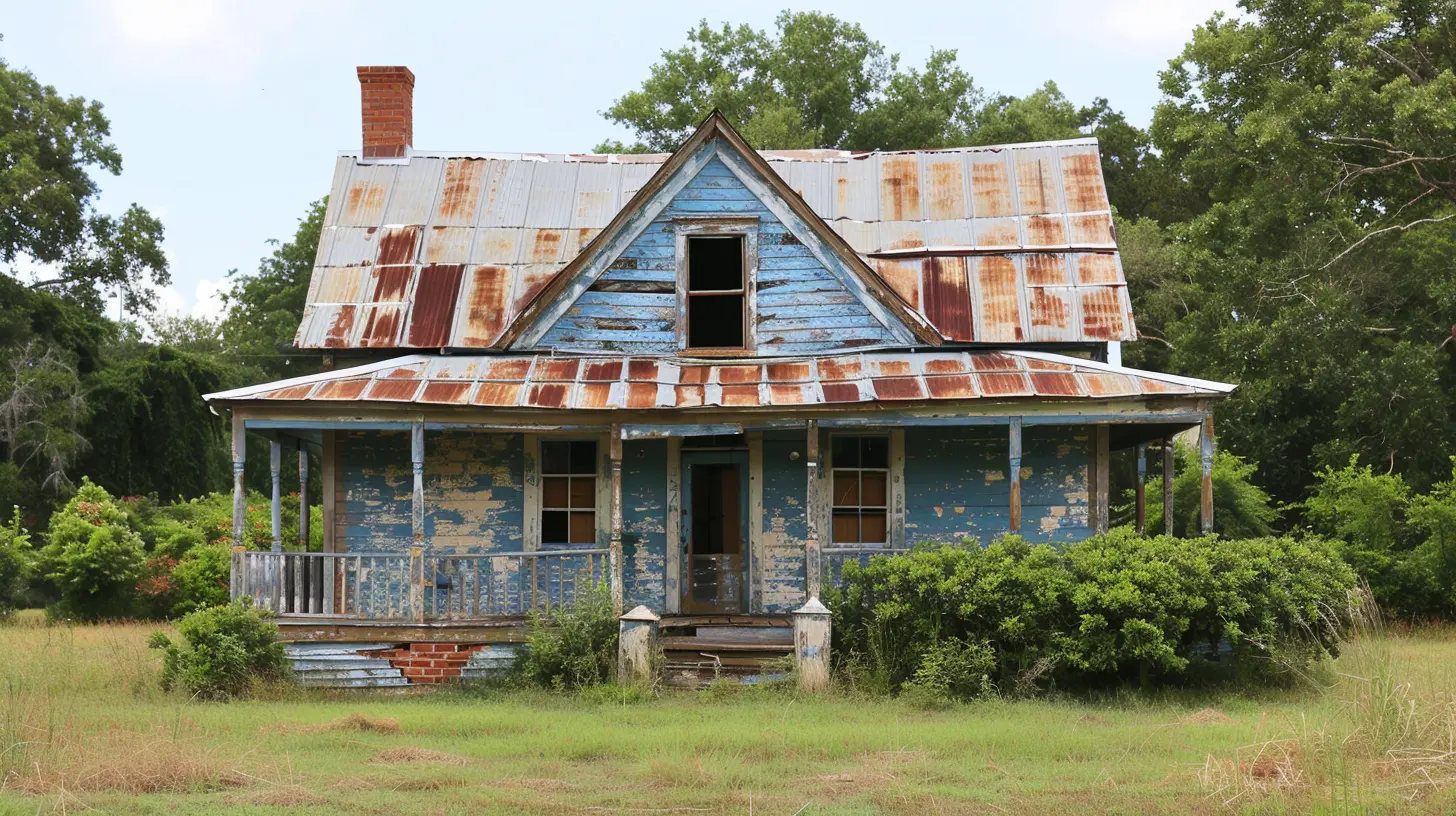
What’s the Hype About Fixer-Uppers?
Now, let’s move onto fixer-uppers. You know those old houses with “good bones” everyone talks about? That’s what we’re dealing with here. A fixer-upper is like buying a blank canvas—or, more accurately, a messy canvas. It’s full of potential, but you’ll need to roll up your sleeves (and maybe deal with some sawdust and sweat) before it shines.Fixer-uppers are typically priced lower because they need some TLC. Think of it as adopting a scruffy dog from the shelter and giving it a makeover. It’s rewarding, sure, but it’s not for the faint of heart.
Pros of Fixer-Uppers
- Lower Initial Cost: They’re cheaper upfront, which means you can snag a property in a prime location without spending a fortune.- Higher ROI Potential: Sweat equity pays off. Renovating a fixer-upper can significantly increase its value, giving you a bigger bang for your buck.
- Customization Galore: Want to knock out a wall for an open-concept layout or install that dream farmhouse sink? Go for it! A fixer-upper is your creative playground.
- Market Edge: In competitive markets, fixer-uppers are often overlooked by other buyers, giving you an opportunity to swoop in.
Cons of Fixer-Uppers
- Time-Consuming: Unless you have a time machine, renovations take time—a lot of it.- Unpredictable Costs: Those “couple fixes” you planned might balloon into a full-blown renovation. Surprise expenses can add up quickly.
- High Stress Levels: Let’s be real—managing contractors, permits, and budgets can be a full-time job.
- Delayed Income: If you’re planning to rent it out, you’ll have to wait until the work is finished to start seeing cash flow.
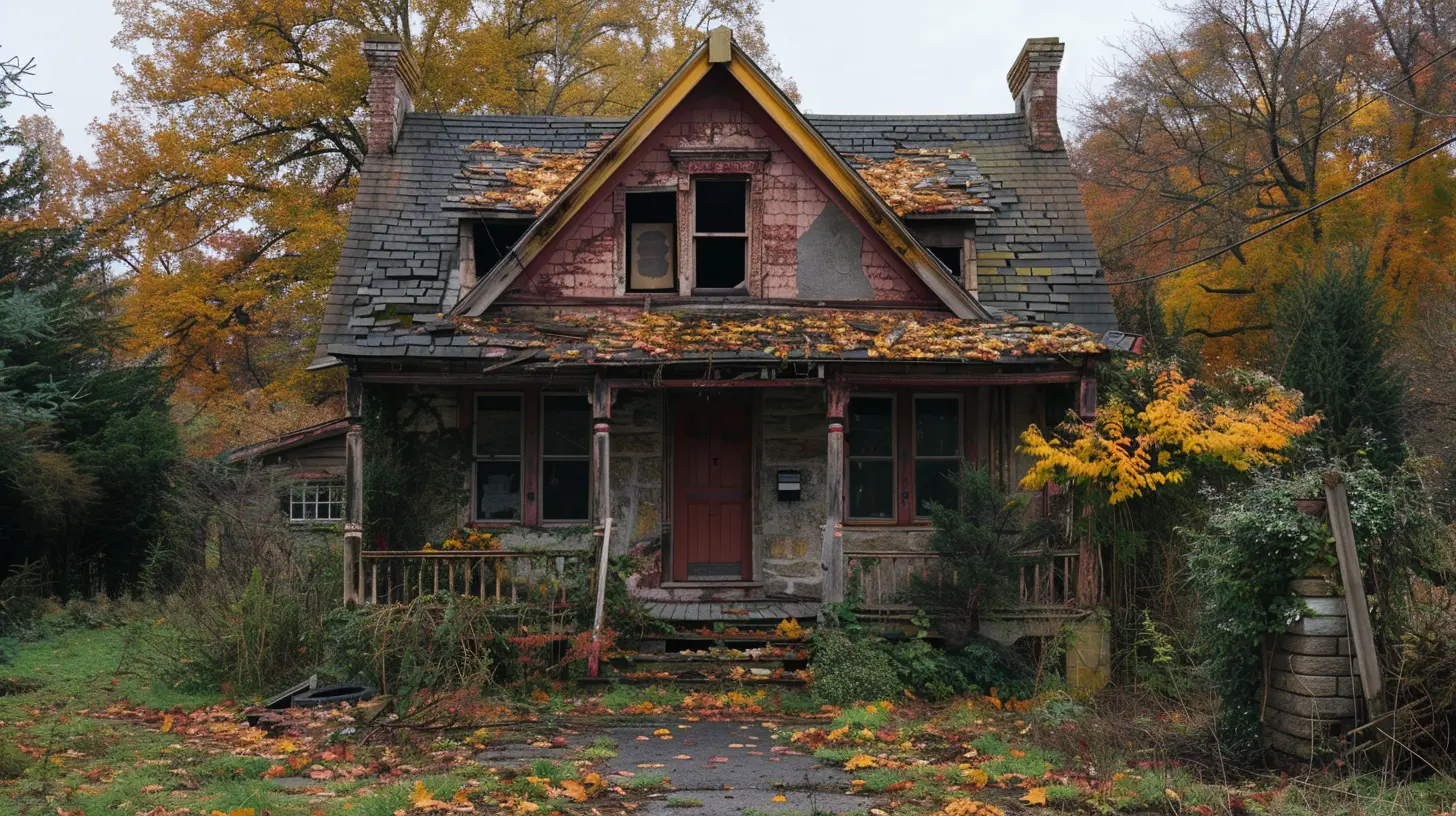
Turnkey vs. Fixer-Upper: Breaking it Down
Still torn between the two? Let’s break it down based on a few key factors. Here’s how they stack up side by side:| Factor | Turnkey | Fixer-Upper |
|-------------------------|----------------------------------------------------|---------------------------------------------------|
| Cost | Higher upfront cost | Lower upfront cost |
| Time Commitment | Minimal—everything is ready | Significant—you’ll oversee renovations |
| Risk | Lower risk due to predictable expenses | Higher risk due to unforeseen renovation costs |
| Customization | Limited | Unlimited—your imagination is the limit |
| ROI Potential | Steady but lower | High with successful renovations |
| Stress Level | Low—you’re hands-off | High—you’re hands-on |
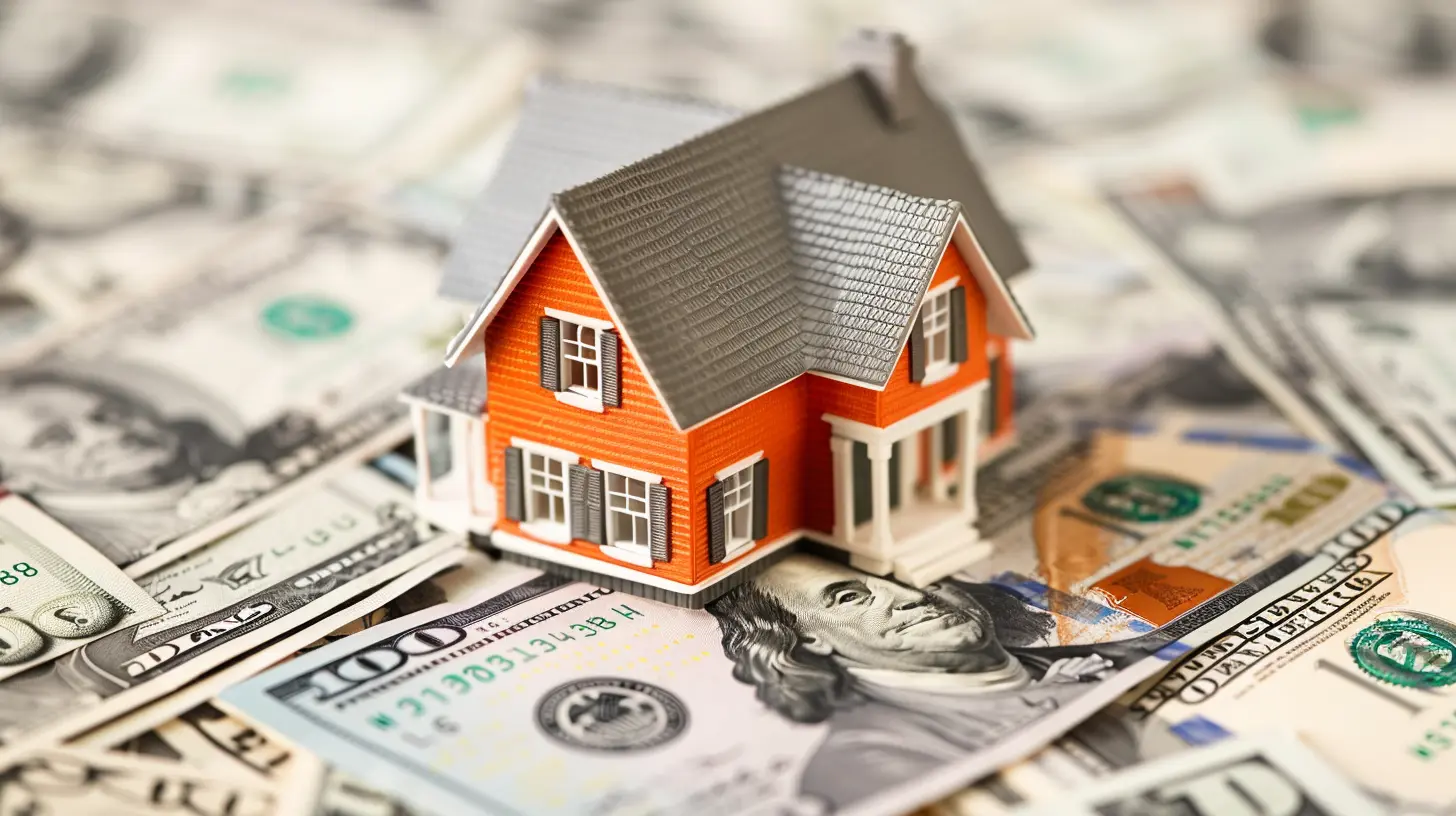
So, Which is the Better Investment?
Ah, the million-dollar question. The answer really depends on your goals, resources, and risk tolerance.When to Go Turnkey
If you’re a first-time investor or someone who values convenience, a turnkey property might be your best bet. It’s perfect for people who want steady cash flow without the headaches of home improvement projects. Think of it like buying a fully-assembled Lego set—you get to enjoy the finished product without fumbling through the instructions.Turnkey properties are also ideal if you’re looking to invest in a different city or state. You won’t need to be physically present for renovations, making it easier to manage from afar.
When to Choose a Fixer-Upper
On the flip side, if you’re willing to take on a challenge and have the time (and patience) for renovations, a fixer-upper can be incredibly rewarding. It’s a great option if you’re a DIY enthusiast or have a trusted network of contractors at your disposal. Plus, the potential for higher profits makes it a tempting choice for seasoned investors.Think of it as starting a sourdough bread recipe from scratch—it’s labor-intensive, but the results can be oh-so-satisfying.
Tips for Making the Right Choice
Here are a few tips to help you decide which option fits your vibe:1. Assess Your Budget: Be honest about what you can afford, including contingencies for unexpected costs.
2. Evaluate Your Timeline: Are you in it for short-term profits, or are you in it for the long haul?
3. Consider Your Skillset: If you don’t know a hammer from a wrench, a turnkey property might save you a lot of frustration.
4. Research the Market: In some neighborhoods, fixer-uppers might yield better returns, while turnkey properties might be the safer bet in others.
5. Trust Your Gut: At the end of the day, go with the option that excites you the most.
The Bottom Line
Whether you choose a turnkey property or a fixer-upper, both can be fantastic investment opportunities when done right. It all boils down to what suits your lifestyle, experience, and financial goals. Are you someone who wants to hit the ground running with a property ready to rent? Or do you see potential in every peeling wall and cracked tile?Whatever you decide, remember—it’s not just about the property; it’s about the journey. So, grab your metaphorical (or literal) toolbox and dive into your next real estate adventure. And hey, no matter which path you choose, you’re already ahead of the game by doing your homework. Now get out there and make it happen!



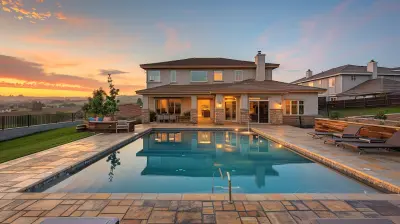


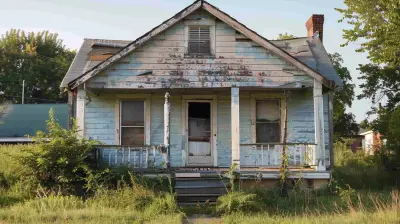





Isabelle McKinney
This article thoughtfully highlights crucial differences between turnkey properties and fixer-uppers. While turnkey homes offer immediate rental income, fixer-uppers can yield higher long-term returns with strategic renovations. It ultimately depends on the investor's risk tolerance, time, and available resources. Great insights!
April 7, 2025 at 6:42 PM